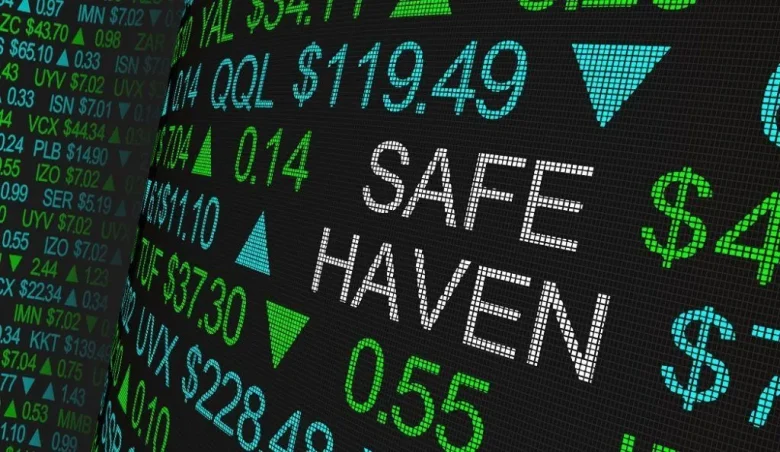The year 2024 might go down in financial history as one of the most unpredictable of all. That’s because the stock market has not only seen some of the biggest drops in recent memory but also because prices have been swinging wildly since January. It’s generally believed that the market might continue to drop for several more months before hitting the bottom of the current down-cycle. Whether that’s true or not, no one can say for sure. But, just to be on the safe side, many are beginning to utilize a turmoil trading approach to protect their capital and survive one of the wildest, most unpredictable years in modern history. Every dark cloud has a silver lining, as the old saying goes.
What is the upside of the current situation, if there is one? It’s that there are several potentially good plays in today’s markets. They include sectors and niches that have continued, against the odds, to perform well throughout the Russia-Ukraine war, the COVID pandemic, and the most recent inflationary cycle. These survivors include companies in the oil industry, precious metals, healthcare stocks, blue chips, forex, and more. Here are pertinent details about some of the top choices among savvy traders who want to ride out the wave of volatility that is the signature of 2024’s financial scene.
Contents
1. Energy & Petroleum

Source: oilandgasiq.com
Since the beginning of the COVID pandemic, the energy sector has done a good job of avoiding the generally dismal returns of most other sectors of the securities markets. One reason is that after industrial activity began to come back when lockdowns ended, pent-up demand for natural gas and petroleum skyrocketed, and so did their prices. Amid the turmoil of the Ukraine-Russia war, petrol became scarce as a result of low production.
2. CFDs (Contracts for Difference)
One of the many unique factors about CFDs is that traders can go long or short with equal ease. It’s a matter of buying or selling a contract in the open market. Another important advantage of using these instruments during roller-coaster or bear equity markets is the low cost of entry. Account holders with AvaTrade can speculate via CFDs in the energy sector, on metals, with ETFs (exchange-traded funds), on the various indices, on agricultural commodities, and more. Even bonds and treasuries are up for grabs if you are a CFD enthusiast. In topsy-turvy economic times, many find it convenient to trade without owning the underlying securities and for very low minimum buy amounts. Both those things are available to CFD traders.
3. The Safe Haven Assets

Source: corporatefinanceinstitute.com
For generations, investors have turned to safe-haven assets like gold, silver, blue-chip stocks, and several others in an attempt to beat the market and avoid direct exposure to equities and commodities that are more directly tied to the global economy’s fortunes.
4. Tips for Turmoil Traders
If you have decided to stick it out and continue to buy and sell during the turbulent international economy, there are several things to keep in mind. First, only deal with the most reputable brokers. Unfortunately, some of the shadier offshore brokerage firms seek to take advantage of customers by offering deals that are too good to be true. Be wary of illegitimate firms that try to lure you with all sorts of freebies. Second, consider cutting back on the amount you risk on each trade. Some people follow the two-percent rule by never putting more than that much of their account balance in jeopardy on a single transaction. Consider pulling back a bit in a turbulent environment and lowering the percentage from two to perhaps 1.5 or 1. Finally, pay close attention to financial and economic news. That’s the best way to keep track of what national governments are doing in terms of interest rates and other key policy decisions.
5. Forex

Source: difbroker.com
Those who trade international currency tend to ignore the ups and downs of the stock market. They focus more on the relative strength of national fiat currencies. Unlike buying and selling equity shared, forex pairs always include one winner and one loser. The point for participants is to choose the one that will outperform the other. Because forex is based on the relative strengths of national currencies, practitioners have the luxury of avoiding the volatility of the stock market. Instead, they can delve into research on the particular pairs that they trade in the hope of turning of profit on as many transactions as possible. When the traditional equity markets encounter high levels of turmoil and volatility, many people turn to forex as a potentially safer way to speculate and earn money.
